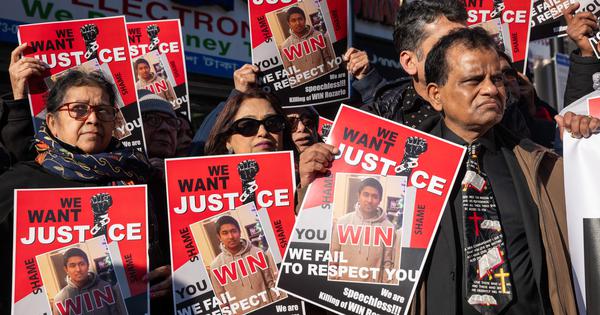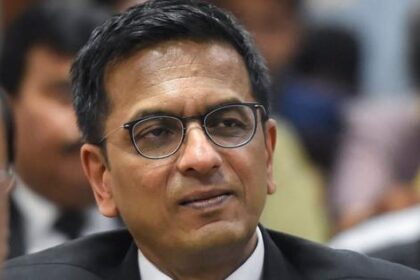Bangladeshi community in New York rallies for accountability after 19-year-old’s tragic shooting
The tragic death of Win Rozario, a 19-year-old Bangladeshi man grappling with mental health issues, has led to significant developments in New York City. Following months of protests and advocacy from the Bangladeshi community, two police officers involved in his shooting have been charged with misconduct. This action comes just ahead of the statute of limitations deadline, which was set to expire on September 26.
Rozario was killed on March 27, 2024, after calling 911 for assistance during a mental health crisis. His family reported that he was having an episode when officers responded to the call. Upon arrival, Rozario panicked and grabbed a pair of scissors. Officer Salvatore Alongi deployed a taser, incapacitating Rozario momentarily. Despite efforts by his mother, Ava Costa, to restrain him, Rozario allegedly charged at the officers with the scissors, resulting in gunfire that ultimately claimed his life.
The Civilian Complaint Review Board (CCRB), an independent oversight body for police conduct, found the officers had used excessive force. The board substantiated a total of eight allegations against the officers—four each—indicating serious misconduct. The decision is noteworthy given that the CCRB has historically substantiated a small percentage of complaints, particularly prior to the introduction of body-worn cameras.
Francis Rozario, Win’s father, expressed relief at the charges but underscored the ongoing struggle for justice. He highlighted the need for accountability within the NYPD, stating that many tactics have been employed to shield officers from consequences for their actions. He emphasized that it is critical to ensure these officers are removed from the force to prevent further tragedies.
Community leaders and activists have played a crucial role in keeping the case alive in public discourse. Organizers have rallied outside City Hall and participated in hearings, fostering a sense of solidarity and urgency around the need for justice. Kazi Fouzia, director of organizing for Desis Rising Up and Moving (DRUM), noted the unprecedented level of South Asian community mobilization in response to Rozario’s death.
In the context of ongoing discussions about police accountability, Rozario’s case has highlighted the challenges faced by younger Bangladeshi Americans. Many in this demographic have grown up in a climate of post-9/11 surveillance and have witnessed national protests against police violence. While some community members pursue careers in law enforcement as a means of economic stability, incidents like this have fostered deep skepticism toward police institutions.
Mahtab Khan from Muslims for Progress pointed out the lack of a response from the Bangladeshi American Police Association regarding Rozario’s death. The silence from this organization, which was established to advocate for community interests, raises concerns about representation and accountability within the police force.
Rozario’s family is also advocating for reforms in the way mental health crises are handled by law enforcement, echoing the campaign platform of mayoral candidate Zohran Mamdani. The call for dedicated mental health response teams, instead of police intervention, reflects a growing recognition of the need for compassionate and appropriate support for individuals in crisis.








